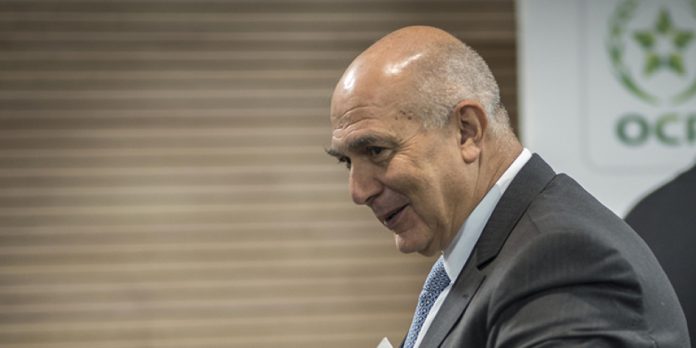In a bold move to secure Morocco’s water future, OCP Green Water (OGW), the subsidiary of OCP Group specializing in non-conventional water solutions, has announced the successful raising of MAD 6 billion in funds. Structured and placed by CDG Capital, the operation is expected to significantly boost the country’s capacity to face growing water stress.
Speaking at the 17th International Agriculture Fair in Morocco (SIAM) in Meknes, OGW CEO Ahmed Znibar highlighted the urgency of scaling up seawater desalination to meet agricultural and industrial demands. “This funding gives a decisive push to our infrastructure development program, with a goal of reaching 600 million cubic meters of desalinated water annually within four years,” he stated during a panel on desalination and agricultural resilience.
Znibar emphasized that the challenge is not only financial, but also deeply technical and logistical, stressing the need for large-scale solutions in the face of climate-related water scarcity.
CDG Capital’s Development Director, Meryem Laraichi, elaborated on the financial structuring behind the desalination projects. The model, largely based on public-private partnerships and relying on 70% to 80% debt financing, mitigates commercial risks through guaranteed-price and volume purchase contracts.
“Investors are reassured by the maturity of the technology and the credibility of the operators involved,” Laraichi said, pointing to the role of local financial markets in shielding projects from currency volatility and mobilizing long-term savings. She also noted that asset securitization helps diversify funding sources while low interest rates increase the appeal of such strategic investments.
The panel also featured Nouredine Kessa, Director of the Souss Massa Regional Agricultural Development Office (ORMVASM), who underscored the success of the region’s desalination project with an annual capacity of 80 million cubic meters. Supporting intensive greenhouse agriculture, the project currently irrigates over 18,000 hectares.
“Governance and regulatory frameworks must be robust to ensure the balance between economic development and sustainability,” Kessa urged. “This example shows how smart financial engineering can respond to climate challenges while energizing local economies.”




